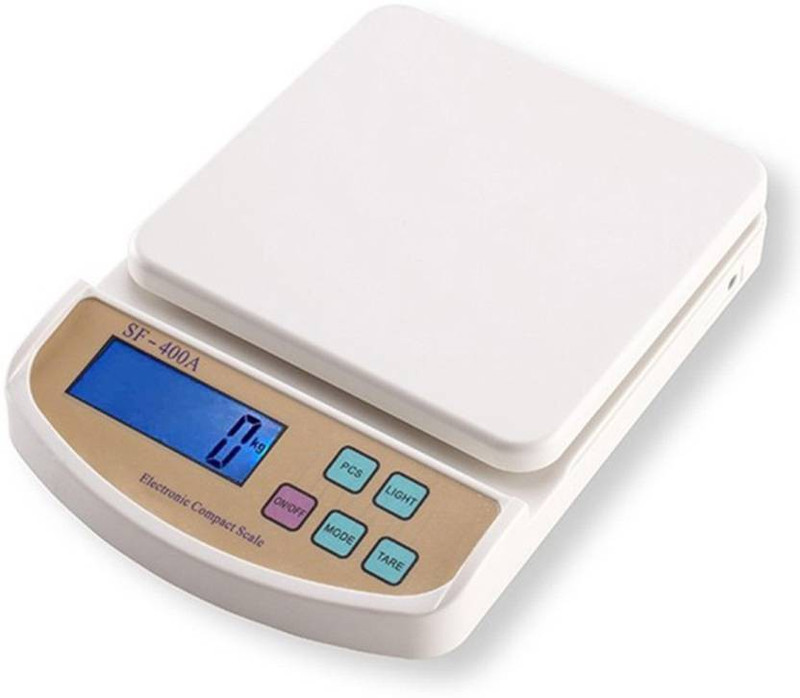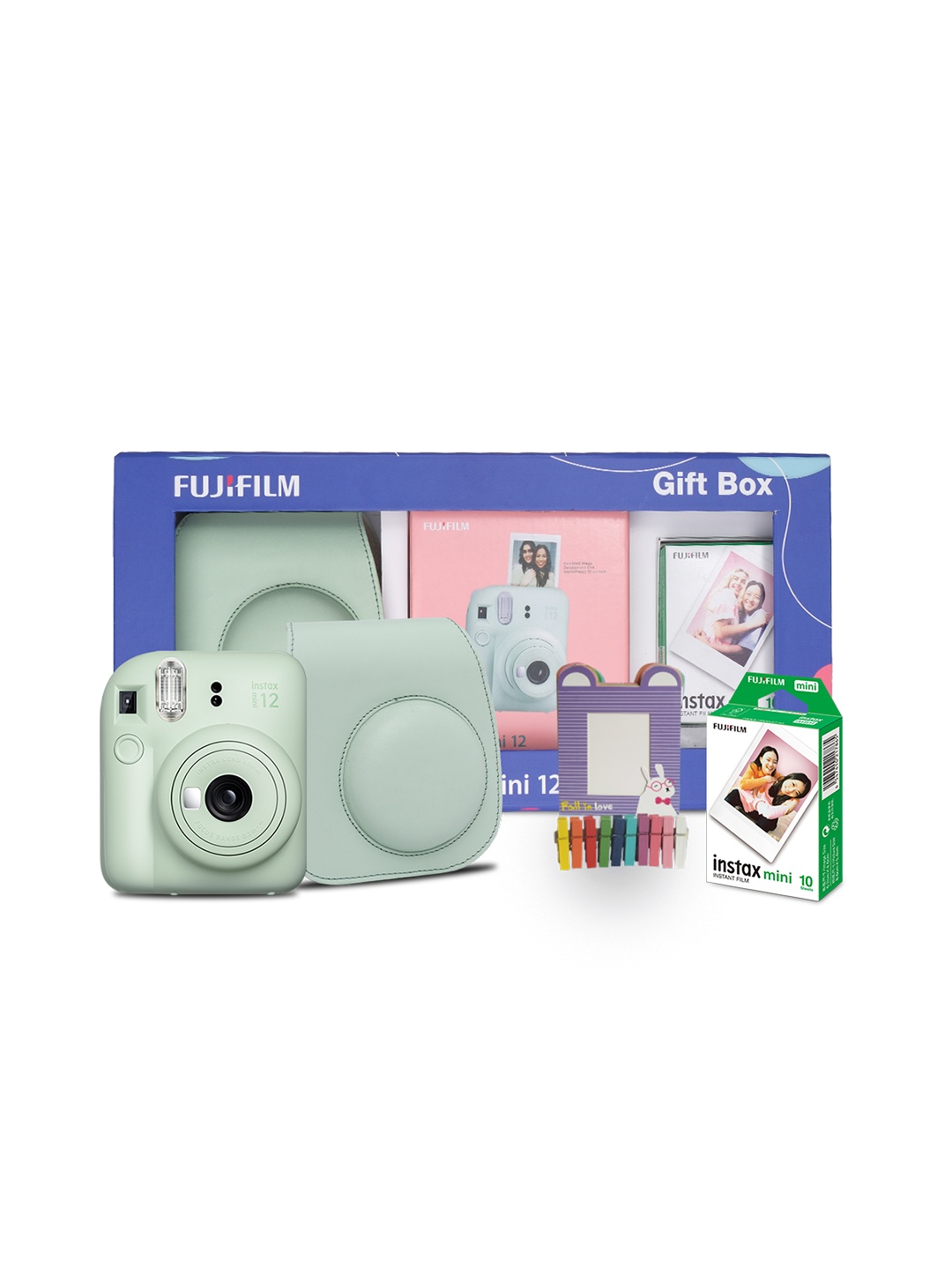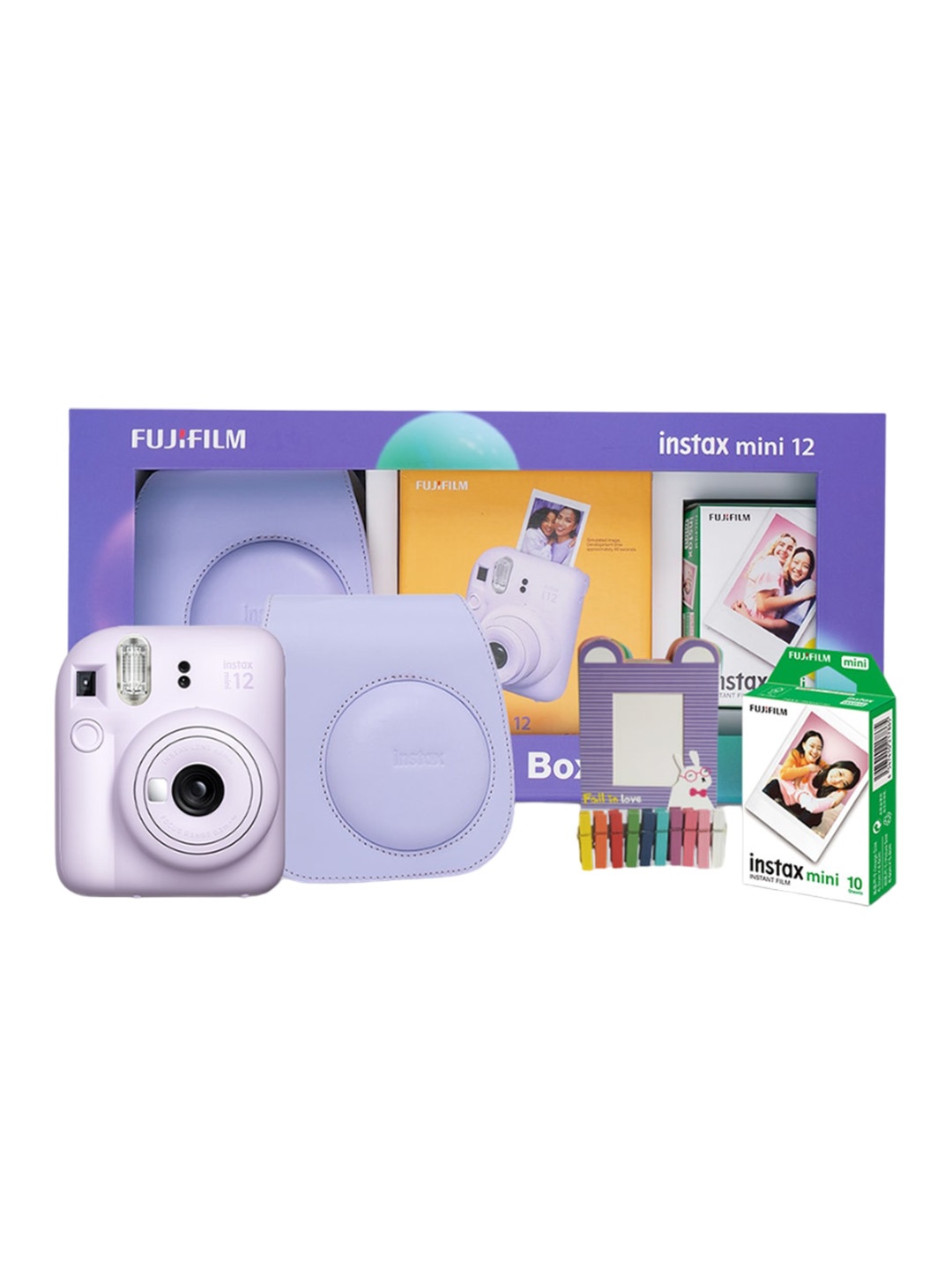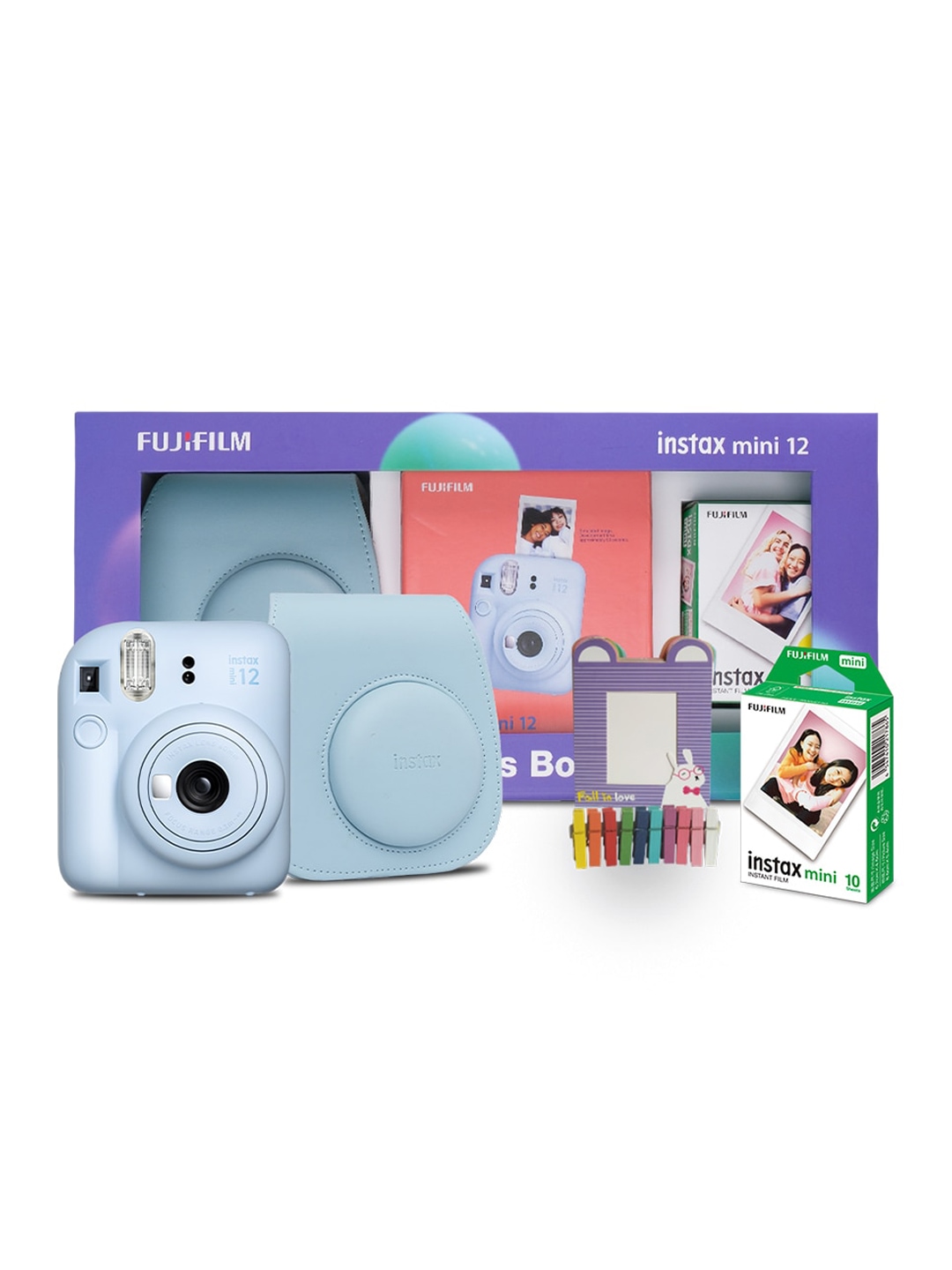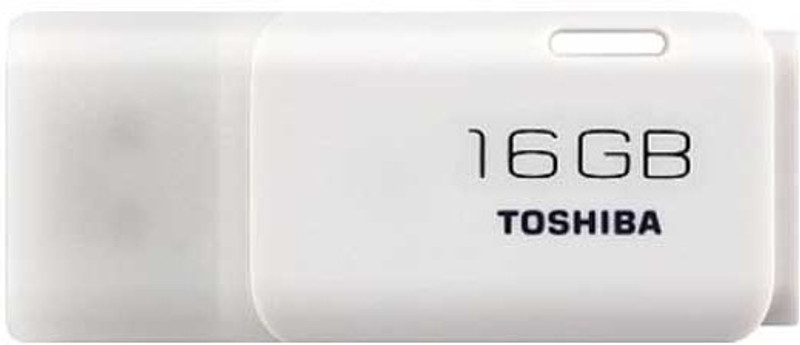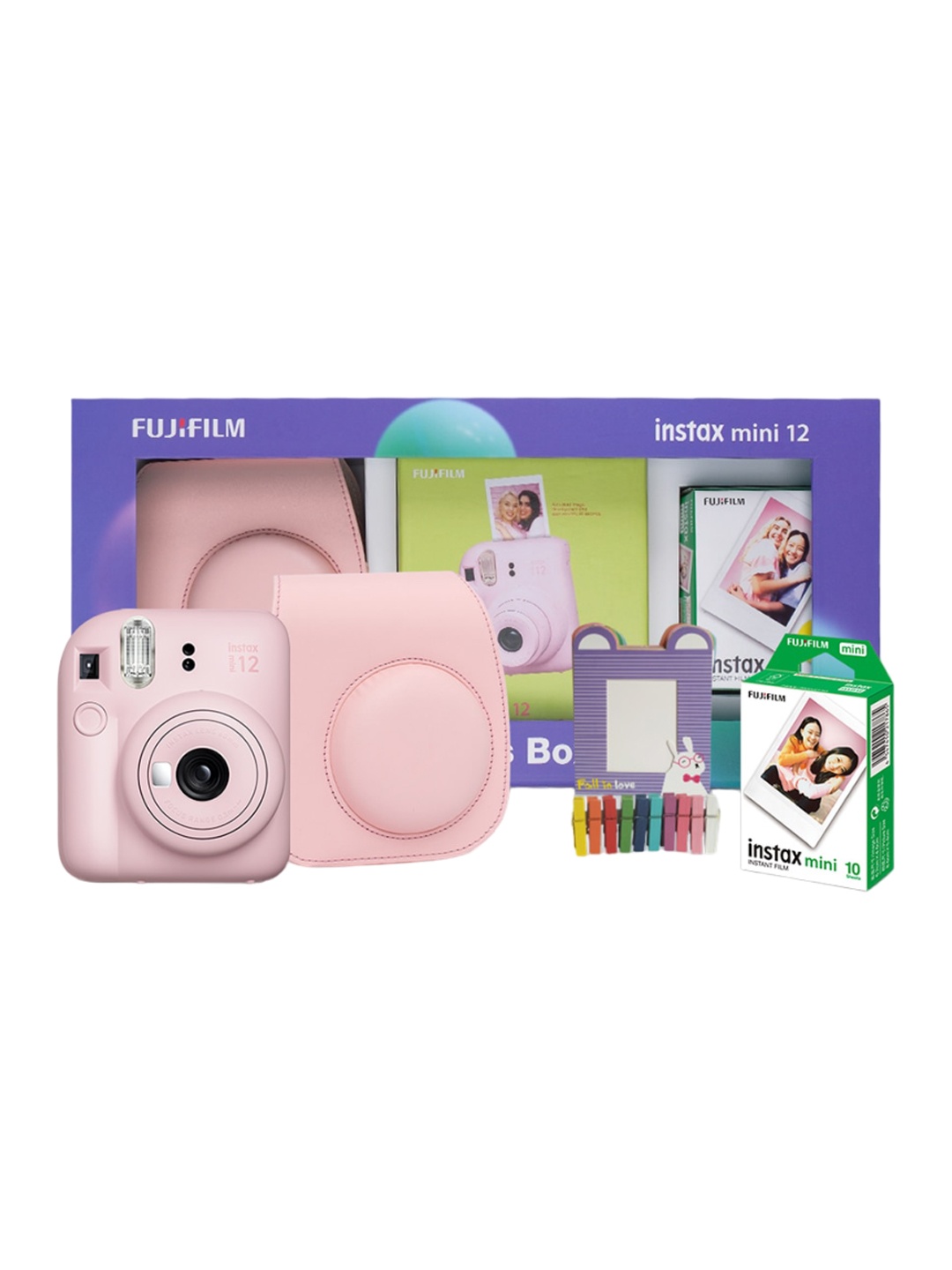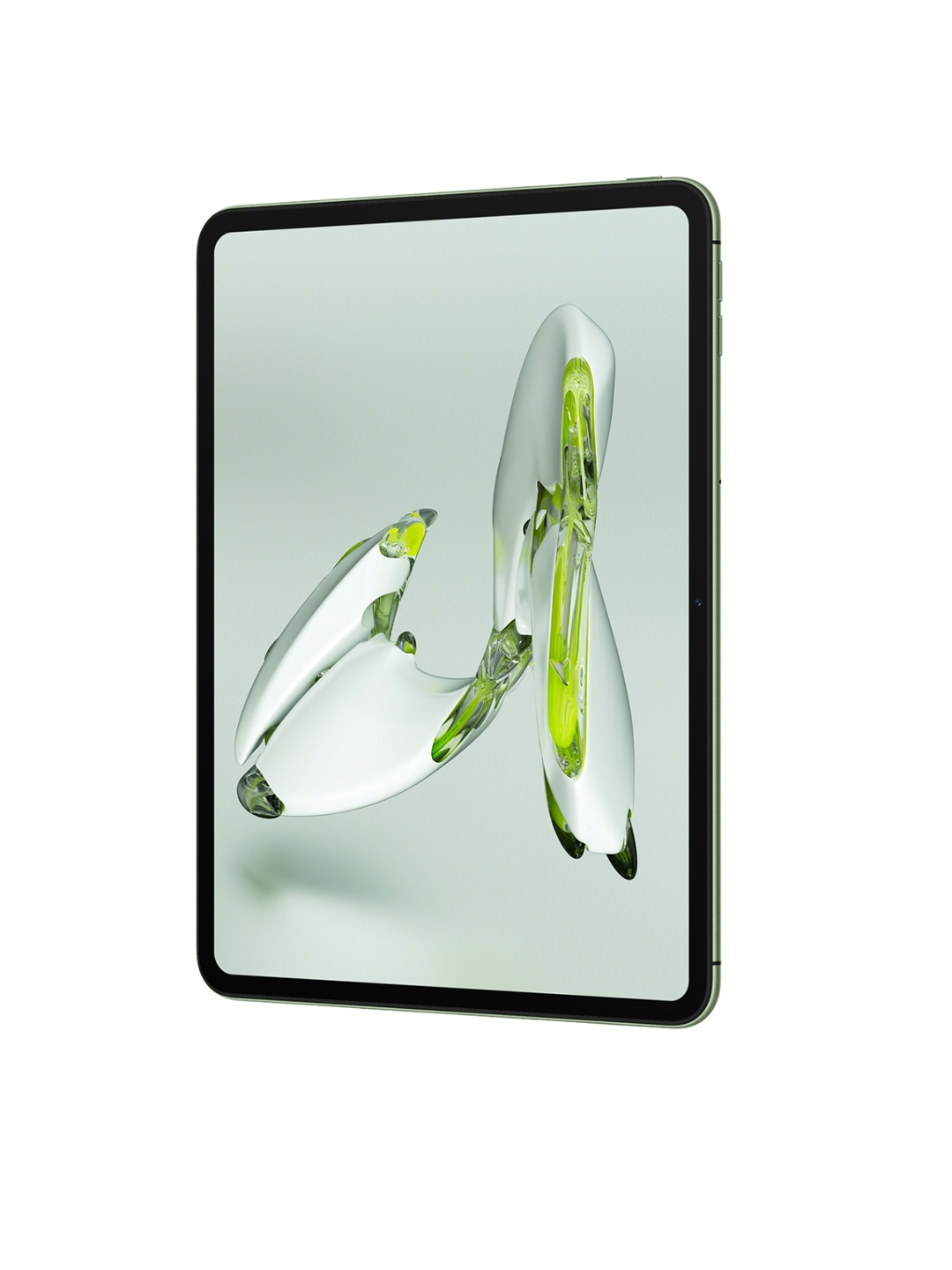Buying A Headset On A Budget? Top 5 Features That Guarantee Value For Money

Budget shopping can be a bit of a minefield, especially when tech's involved. With headsets, it's easy to get swept away by glossy packaging and buzzwords that promise ‘cinematic audio' or ‘studio-quality mic', only to end up with something that sounds like a tin can tied to a string. But here's the thing: a decent headset doesn't have to cost a small fortune. The secret? Knowing which features to focus on, and which to politely ignore. Whether it's for work, gaming, long-distance calls, or just zoning out to your playlist, the right headset can be found without maxing out a credit card.
Let's cut through the noise, literally, and get into the five features that make a real difference when shopping smart.
Also Read: Top Amazon Bazaar Deals On Earphones That Wont Break The Bank
1. Comfort Isn't a Luxury, It's a Lifesaver
Sure, sound quality matters. But what's the point if your ears feel like they've been through a vice after half an hour? Comfort often gets sidelined in the name of cool designs or cheaper materials. But here's the truth: even the fanciest headset is worthless if it's painful to wear.
Look out for adjustable headbands and memory foam ear cups. These aren't just fancy extras, they're essentials for everyday wear. If you're clocking in hours of meetings, gaming sessions, or just bingeing your favourite shows, your ears will thank you.
Weight matters too. Lighter headsets usually mean less pressure on your head and neck. And don't forget breathability, those padded cups may look lush, but if they don't let your skin breathe, expect a sweat-fest come summer. Always, if you can, try before you buy. And if shopping online, check user reviews for mentions of comfort. One person's ‘snug fit' is another's ‘vice grip'.
2. Sound Quality: It's Not About Loudness
There's a common misconception that louder equals better. Spoiler: it doesn't. What counts is clarity, balance, and detail. Whether you're deep into a Zoom call or picking up subtle audio cues in a game, muddy sound can ruin the experience.
Budget doesn't mean bad, though. Many affordable headsets pack impressive audio performance if you know what to look for. Keep an eye out for wide frequency ranges, this usually translates to richer sound. Bass is nice, but too much can muffle speech and finer details. Stereo sound is great for most tasks, but if you're a gamer or movie lover, consider virtual surround sound; even budget models offer basic versions. It's immersive without blowing the budget.
Oh, and don't fall for too many gimmicks. Terms like 'HD Audio' can be more marketing than substance. Trust reviews and user feedback over flashy boxes.
3. Microphone Matters, Even If You're Not a Streamer
Let's face it: in this age of remote everything, we're all broadcasters now. Whether it's for team meetings, voice chats, or that weekly family call, a decent mic isn't optional anymore.
Budget headsets often skimp here, but that doesn't mean you should settle for robot-noise quality. Look for headsets with noise-cancelling mics, even at lower price points, many offer built-in filters that cut out background noise. No one needs to hear your kettle boiling mid-presentation.
Boom mics, those that extend toward your mouth, tend to be clearer than in-line ones. They might not be the sleekest, but they do the job well. Also, check if the mic is adjustable or retractable; it adds flexibility and comfort.
If privacy's important, a mute button is a surprisingly useful feature. And bonus points for headsets with indicator lights, so you're not talking into the void while muted.
4. Build Quality: Don't Judge a Headset by Its Weight
Cheap doesn't have to mean flimsy. Many budget headsets today use strong plastic and flexible headbands that can survive being shoved into a backpack or accidentally sat on (yes, it happens).
That said, durability is one area where it pays to be picky. Look for reinforced cables or braided cords, they're less likely to fray or tangle into oblivion. Detachable cords are a plus too; they're easier to replace if damaged.
Hinges and joints often give out first, so check for solid construction in those areas. Even something as simple as how the earcups rotate can make a difference in long-term wear and tear.
Also, consider warranty and support. Some brands offer surprisingly good service, even for entry-level models. If the headset's going to be a daily companion, peace of mind is worth something.
5. Connectivity: Wires vs Wireless, Choose Wisely
The eternal debate, wired or wireless? While wireless freedom sounds great, budget Bluetooth headsets often compromise on sound quality or battery life. And nothing kills a mood like your headset dying mid-meeting.
Wired headsets tend to offer better audio for less money. No batteries to charge, no lag, no fuss. But make sure the cable length suits your setup, too short and it's frustrating, too long and you're tangled.
If going wireless, battery life is key. Aim for at least 10–12 hours of use. Also, check recharge time and whether they can be used while charging, some can't, and that's an unwelcome surprise during crunch time.
Bluetooth compatibility matters too. Some cheaper headsets struggle with stable connections or don't play nicely with older devices. Multi-device pairing is a bonus if you juggle between phone and laptop.
Choose the option that fits your lifestyle. Wires are reliable workhorses, while wireless gives you freedom, just know what trade-offs you're making.
6. Noise Isolation: Blocking the World Without Breaking the Bank
Active noise cancelling (ANC) sounds fancy, and it is. But good passive noise isolation can go a long way, and it's more common in budget headsets than you might think.
Over-ear models usually do a better job than on-ear or in-ear designs when it comes to keeping the outside world at bay. Look for snug-fitting ear cups with decent padding, they form a natural barrier against ambient sound.
ANC is nice, but it's not always necessary. And at the lower end of the price scale, it's often poorly implemented. Better to go with solid build and smart design than a weak attempt at high-end features.
For working or studying in noisy environments, even a little isolation helps with focus. It also means you can listen at lower volumes, which is better for long-term hearing health.
Small touches like foam tips (for in-ear headsets) or tightly sealed cushions can make a big difference, without making your wallet wince.
7. Compatibility: It's Not Just Plug and Play
Not all headsets play nicely with every device. That flashy headset with great reviews? Useless if it doesn't connect to your laptop or console.
Check the connections. USB headsets are great for PCs, but might not work with phones or gaming consoles. 3.5mm jacks are more universal, though newer phones (cheers, Apple) often skip them entirely. Some budget headsets come with adapters; keep an eye out for those.
If you're using it for work calls, look for compatibility with video conferencing apps. Some models are certified for platforms like Zoom, Teams, or Skype, and work more seamlessly.
For gamers, console compatibility is a whole world of its own. Make sure the headset supports your platform of choice, PlayStation, Xbox, or Nintendo. Otherwise, you're in for a rude surprise on game night.
In short, don't just assume it'll work, double-check the specs.
8. Style and Aesthetics: Because Looks Do Count (a Little)
No one's saying your headset has to win a fashion award. But let's be honest, if it looks like it time-travelled from the early 2000s, it might not spark joy every time you wear it.
Design matters. Not just for vanity, but for how you feel wearing it. A headset that looks sharp can boost confidence, especially if you're on camera a lot. Slimmer profiles, clean finishes, and a lack of flashing rainbow lights (unless that's your thing) make a difference.
That said, don't prioritise looks over function. There's a balance; some budget brands nail it with sleek, understated designs that still deliver on performance.
Colour options are a bonus too. Black's safe, sure, but a pop of colour might make it feel a bit more ‘yours'. Just avoid anything too gimmicky unless you're leaning into the gamer aesthetic. It's like shoes, you wear them every day, so it's okay to care about how they look.
Products Related To This Article
1. Bluetooth Earphones for One-Plus Pad 2 Earphones Original Like Wireless Bluetooth Neckband in-Ear Headphones Headset with Mic
2. Rapper TWS Earbuds with Bluetooth Version 5.3 with 56hr Unbeatable Playtime
3. Type-C Earphones for Samsung Galaxy M35 5G
4. Original Type C Earphone Wired Type-C in Ear Earbuds Only for iPhone 15
5. Best Sound Quality Latest P47 with Mic & SD Card Support 6 Hour Battery Backup Bluetooth Headset
6. Troops TP-7040 Headphone with Extra BASS HIGH DEFINATION Sound
7. Original EHS64 Wired in Ear Earphones with Mic
8. Bro in Ear Wired Earphones with Mic
Buying a budget headset doesn't mean settling for less, it means shopping smarter. The best value doesn't always scream from the shelves or sparkle with branding. It lies in comfort that lasts, sound that surprises, a mic that works, and a build that won't crumble in a month.
Tech evolves fast, and the good news is that quality no longer demands a sky-high price tag. But it does ask for a bit of attention to detail. By focusing on the features that truly shape your experience, it's entirely possible to find a headset that ticks all the boxes, without ticking off your bank balance. So the next time you're tempted by a flashy ad or a too-good-to-be-true deal, remember what matters. Your ears, head, and future self will thank you.
Disclaimer: The images used in this article are for illustration purpose only. They may not be an exact representation of the products, categories and brands listed in this article.














